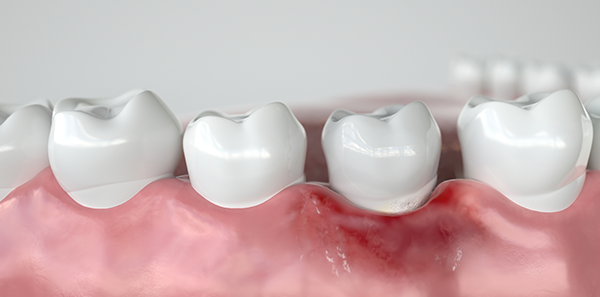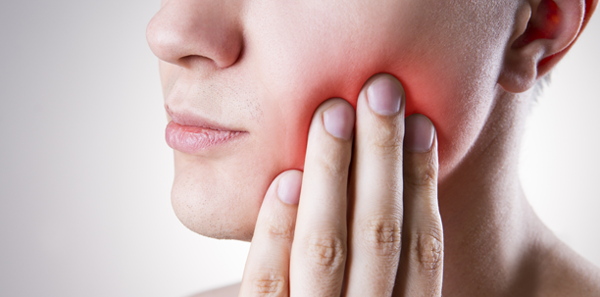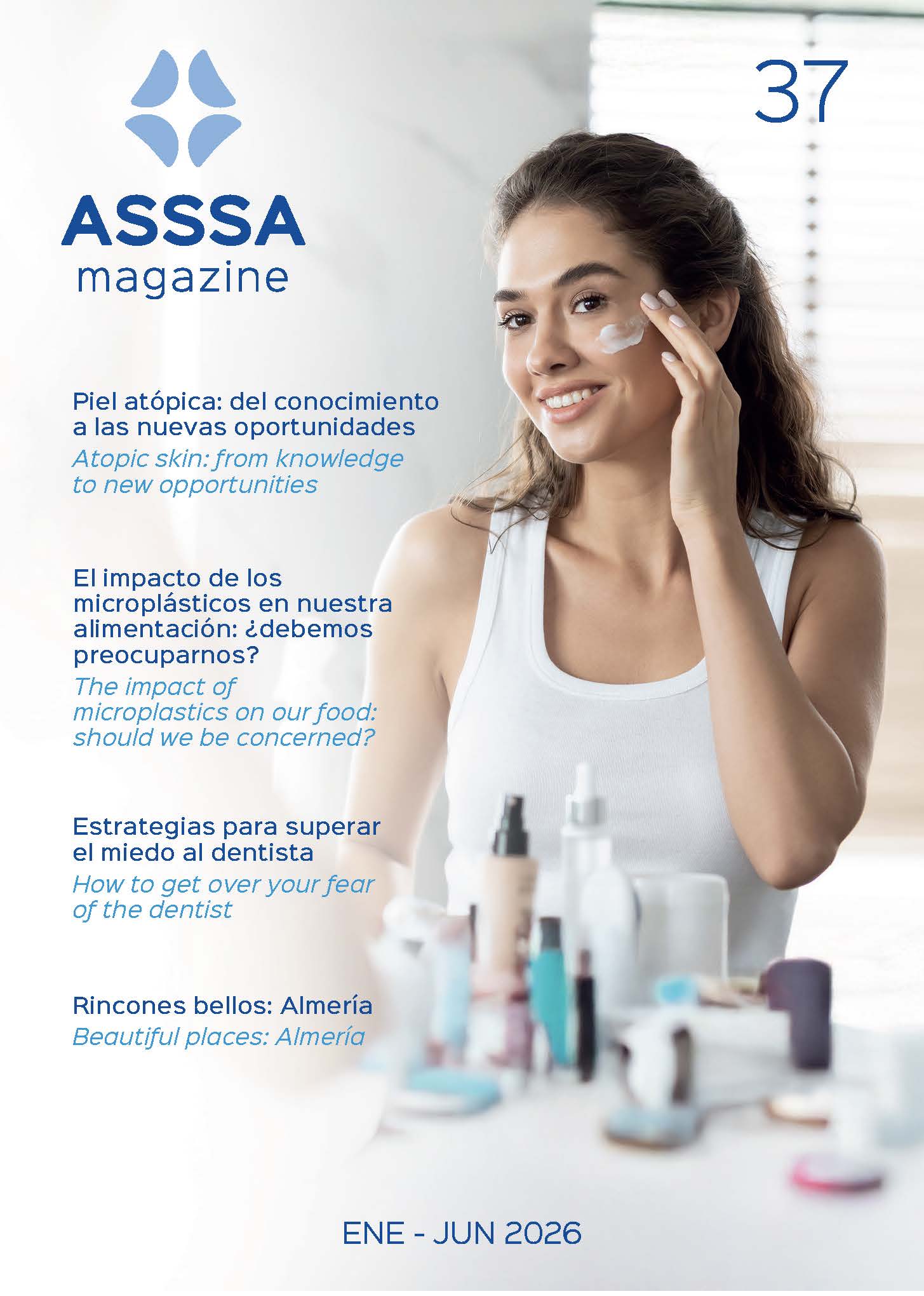
Many times, when we brush our teeth, we are not aware if we are doing it correctly or if there is anything we can do to improve. We also are not aware of the consequences of poor brushing.
However, we all know what our common enemy is: “plaque”. But, what is plaque? Plaque builds up naturally on our teeth where food debris and bacteria tend to adhere. Do dental implants also accumulate plaque? Of course they do. Plaque build-up is the primary cause of tooth damage, causing decay and periodontitis (gum disease). It does not only affect the mouth, but also causes problems in other parts of the body. We know that periodontitis is related to the spreading of bacteria to other parts of the body, as is the case with cardiovascular pathologies and diabetes, in addition to many others illnesses which continue to be studied. Oral hygiene is very important because oral infections do not only affect the mouth, they affect the entire body. Diabetes It is known that patients with diabetes have a greater probability of periodontitis, as there is also growing evidence that chronic infections, such as periodontitis, can increase the probability of developing diabetes.
Therefore, plaque control is essential in diabetic patients for achieving good glycaemic control. It is also very important that patients be diagnosed and controlled by their dentist. For this reason, patients with gum disease, especially diabetic patients, should have their gums checked every 6 months. Cardiovascular disease Patients with periodontitis may have up to a 15% higher risk of cardiovascular disease (primarily cerebrovascular accidents and severe heart attack). The relationship between periodontitis and these types of pathologies has been widely confirmed and demonstrated, which is why plaque control is so important for this type of patient. Pregnancy Many studies indicate that there is a relationship between periodontitis and certain complications during pregnancy, such as low birth weight and a higher risk of premature birth. Pregnancy is a period when women are more vulnerable to dental problems, therefore, it is recommended that they restore and control their oral health before becoming pregnant.
How do we get rid of plaque? Are we doing it correctly?
Most patients brush their teeth and use mouthwash as part of their daily hygiene routine, one to three times a day. What they do not know is that the hard-to-reach areas, or interproximal spaces, are the main places where plaque builds up and infections spread. The use of dental floss or interdental brushes is essential for proper dental hygiene. There are other products available on the market such as irrigators or water picks, which are small devices that use a stream of water under pressure to wash away food debris. Despite their usefulness, they are not a substitute for dental floss or brushes. Toothpaste and mouthwash are other factors which should be taken into account, and should be chosen personally, taking each patient’s needs into account. Thus, a patient with a high predisposition for cavities should use a fluoride-rich toothpaste and mouthwash, which helps to strengthen the enamel. A patient with gum problems should, on the other hand, select products specific for gums that combine antiseptic and other anti-inflammatory properties. Therefore, in addition to the proper resources, it is important to always follow a routine with regard to our oral hygiene. This way, we will not forget anything, as it is important to invest time and, above all, interest.
The information published in this media neither substitutes nor complements in any way the direct supervision of a doctor, his diagnosis or the treatment that he may prescribe. It should also not be used for self-diagnosis.
The exclusive responsibility for the use of this service lies with the reader.
ASSSA advises you to always consult your doctor about any issue concerning your health












